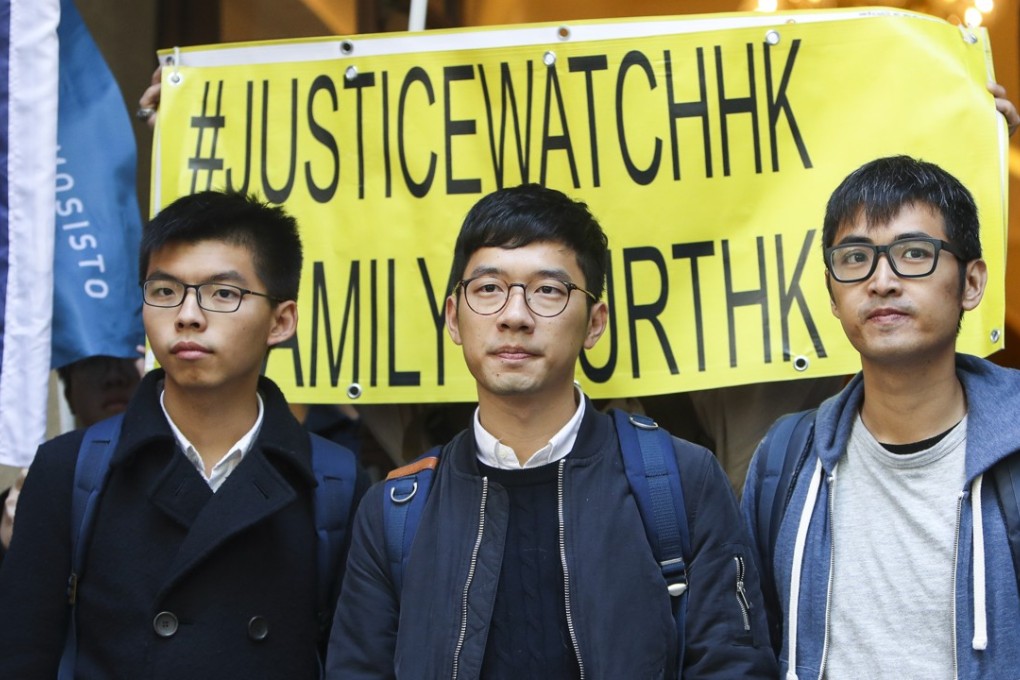Advertisement
China rebukes ‘meddling’ US congressmen over Nobel Peace Prize nomination for Hong Kong’s Joshua Wong
Beijing suggests group ‘do more things that are conducive to the development of China-US ties’ than putting forward Occupy leaders for peace prize
Reading Time:3 minutes
Why you can trust SCMP

China’s foreign ministry on Friday urged a group of American congressmen to “stop meddling ” in the country’s internal affairs and do something more beneficial to Sino-US ties, after they nominated Hong Kong activist Joshua Wong Chi-fung and two allies for the Nobel Peace Prize.
In a strongly worded statement, the Ministry of Foreign Affairs reiterated its position that 2014’s pro-democracy Occupy protests – led in part by the Nobel nominees Wong, Nathan Law Kwun-chung and Alex Chow Yong-kang – were illegal.
Advertisement
That came as pro-Beijing legislators in the city dismissed the nomination, which they said could do more harm than good to the trio’s quest for democracy.
The ministry’s statement read: “Hong Kong’s affairs are China’s domestic affairs, and China firmly objects to anyone intervening through any means.
Advertisement
“We would urge the relevant congressmen to stop meddling with Hong Kong’s affairs and China’s domestic affairs. They should do more things that are conducive to the development of China-US ties, and not the opposite.”
What Agnes Chow’s election ban means for Joshua Wong and youth politics in Hong Kong
Advertisement
Select Voice
Choose your listening speed
Get through articles 2x faster
1.25x
250 WPM
Slow
Average
Fast
1.25x